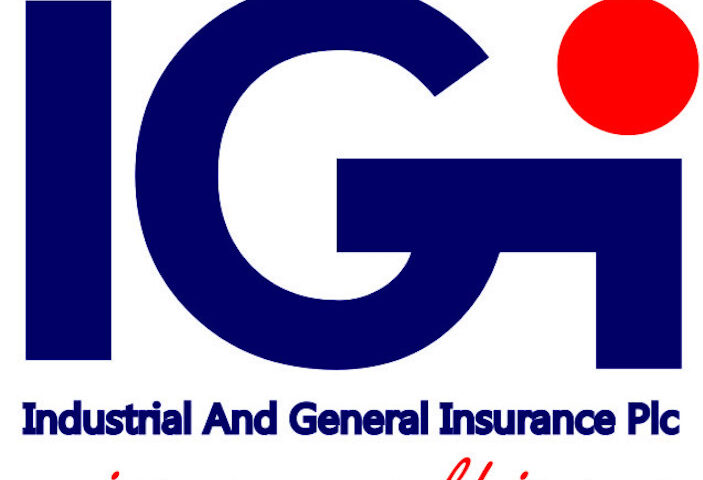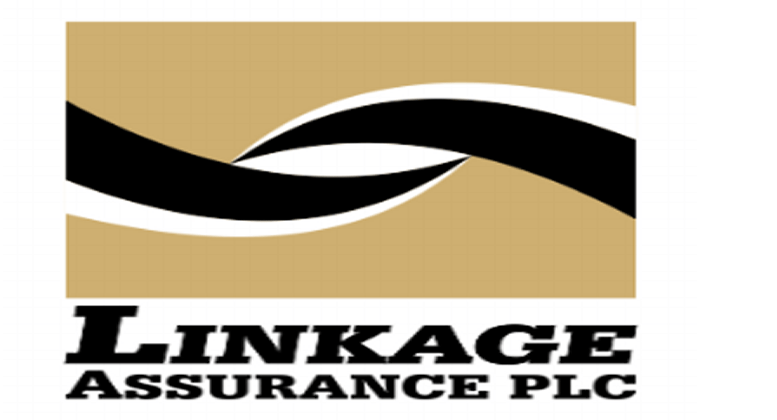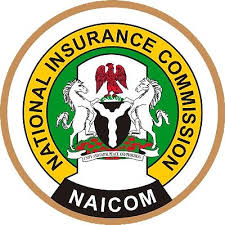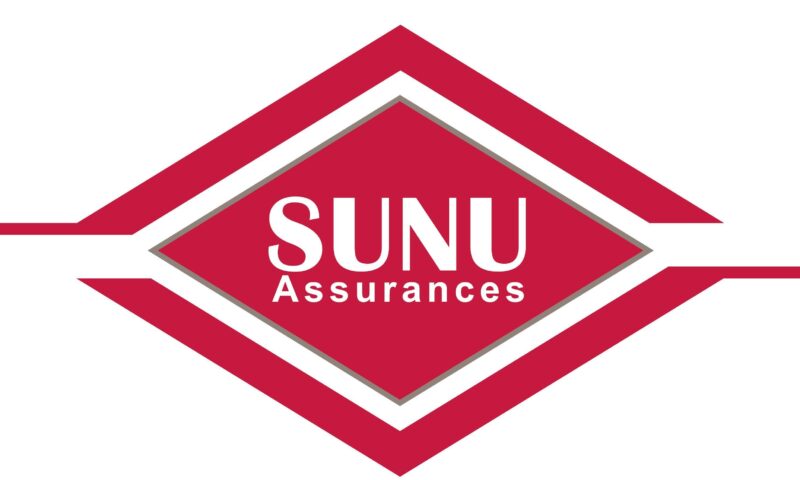IGI announces $31.6m profit in 2020
By admin
International General Insurance Holdings Ltd. (IGI) has reported profit of $10.9 million and $31.6 million for the fourth-quarter and full-year 2020, respectively, as well as an improved underwriting performance for both periods.
IGI Q4 2020, profit more than doubled from the $4.3 million posted in 2019, as full-year profit spiked by almost 34 percent from the $23.6 million recorded in the prior year.
At the same time, core operating income amounted to $4.2 million in Q4 2020 against a loss of $0.1 million in Q4 2019. And, for the full-year, the performance here was also impressive as income reached $34.1 million, compared with $21.2 million in 2019.
IGI attributes the growth in core operating income to a higher level of underwriting income in 2020.
For the quarter, IGI has posted a net underwriting result of $14.7 million, which represents growth of more than 41% from the prior year period. For the full-year, the underwriting result increased by almost 49% to $77.4 million.
Gross written premiums (GWP) spiked by 45.3 percent for the quarter to $129.5 million, and increased by nearly 34 percent for the full-year to $467.3 million. According to IGI, the increases were driven by new business generated across virtually all lines, as well as improved renewal pricing.
Within the underwriting result, IGI has reported a claims and claims expense ratio of 59.8 percent for the quarter, an improvement of 2.7 points over the prior year Q4. This includes current accident year net catastrophe losses of $6.3 million, compared with $8.3 million in 2019.
Prior year reserve development totalled an unfavourable $5.4 million for the quarter, driven by deterioration in prior year loss reserves in both the Long-tail and Short-tail segments, says IGI.
For the year, IGI’s claims and claims expense ratio improved by 1.3 points to 53.5 percent when compared with 2019, and includes current accident year net catastrophe losses of $13.5 million, against $16.2 million for 2019.
Catastrophe losses for the year were driven primarily by the storms that damaged cranes at the Jawaharlal Nehru port in Mumbai, India, and property damage and business interruption losses resulting from Hurricane Laura, both of which are included in the company’s Short-tail segment.
Additionally, IGI has announced favourable development on loss reserves from prior accident years for 2020 of $6.1 million, compared with favourable development of $6.3 million in 2019.
All in all, IGI has recorded a combined ratio of 96.8 percent and 89.3 percent for the fourth-quarter and full-year 2020, respectively. This compares with a combined ratio of 101 percent in Q4 2019 and 94.1 percent for the full-year 2019.
The firm has also provided an update on its inwards reinsurance portfolio during the periods, which represented 4 percent of its gross written premiums for the full-year.
During Q4 2020, net written premiums in the reinsurance division totalled $2.8 million, compared with $2.9 million in the prior year quarter. The net underwriting result was a profit of $2.6 million, which is a marked improvement on the $1.9 million loss posted in Q4 2019.
For the full-year 2020, net written premiums in the reinsurance unit totalled $19.3 million against $18 million in 2019. The net underwriting result also improved in reinsurance for IGI during the full-year, reaching $9.5 million against $0.2 million in 2019, driven by a lower level of claims and claims adjustment expenses.
“2020 has been a successful year for IGI on many levels. Our strong financial performance, achieved during a year of significant distraction and disruption as well as during our first year as a public company trading in the U.S., clearly demonstrates the agility, discipline and focus of our teams and our ability to execute and deliver on our strategy,” said Wasef Jabsheh, IGI’s Chairman and Chief Executive Officer (CEO).
“We broadened our footprint by entering new territories and lines of business and increased our market share, with gross premiums up more than 33 percent in 2020 compared to 2019, while maintaining underwriting profitability at a combined ratio below 90 percent. We expect to continue on this path in 2021, although likely at a more measured pace, and with the same careful approach to risk selection and portfolio balance.
“With the first quarter of 2021 almost completed, the indications on price momentum remain very positive, and we are continuing to see exciting opportunities to build and diversify our business. We will continue to be cautious in managing our net exposures to minimize our overall risk profile so that we maintain our long-term track record of generating strong value for our shareholders,” he added.




